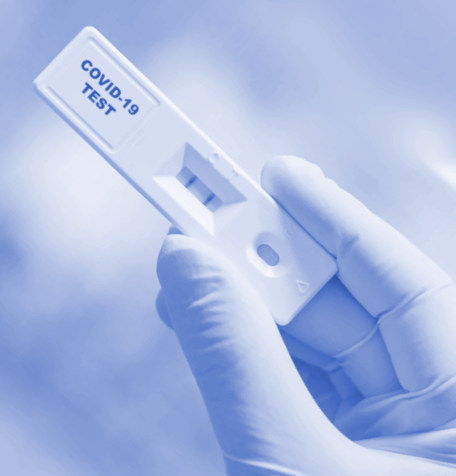Rapid tests score low
 An expert leading a government review has criticised rapid COVID-19 testing devices rushed onto the Australian market.
An expert leading a government review has criticised rapid COVID-19 testing devices rushed onto the Australian market.
The Federal Government opened the door for rapid COVID-19 testing devices with very little scrutiny in the early days of the pandemic.
Most of the devices were types of antibody test, which can return result in under an hour, without the need for laboratory testing.
Australian authorities have been using a more accurate type of testing – genetic testing – throughout the pandemic response.
Now, the Federal Government has brought in health experts from the Doherty Institute to review the rapid testing devices that were rushed onto the Australian register of therapeutic goods.
Experts have so far examined eight separate devices, and found each one to be far less accurate in detecting the virus than the manufacturers claimed.
One some cases, the devices were less than half as effective as they were touted to be.
The best results were from two devices, which each managed to achieve their stated efficacy, but not until 14 days after symptoms were first reported.
“Overall, they’ve not been as sensitive as we would have expected, and certainly the sensitivity in the early stages of infection strongly suggests they shouldn’t be used in the acute stages of the illness,” Professor Deborah Williamson, who is leading the review, has told reporters.
“That’s not out of keeping with what other groups have found globally, so there’s no surprises there.”
Prof Williamson said the devices may be useful in the future, but not for current cases of COVID-19.
“Really the key use here is more of a look to see who has been exposed previously, rather than who has the illness right now,” she said.
“There are other rapid tests that are emerging that you might be able to use for acute diagnosis.”








 Print
Print